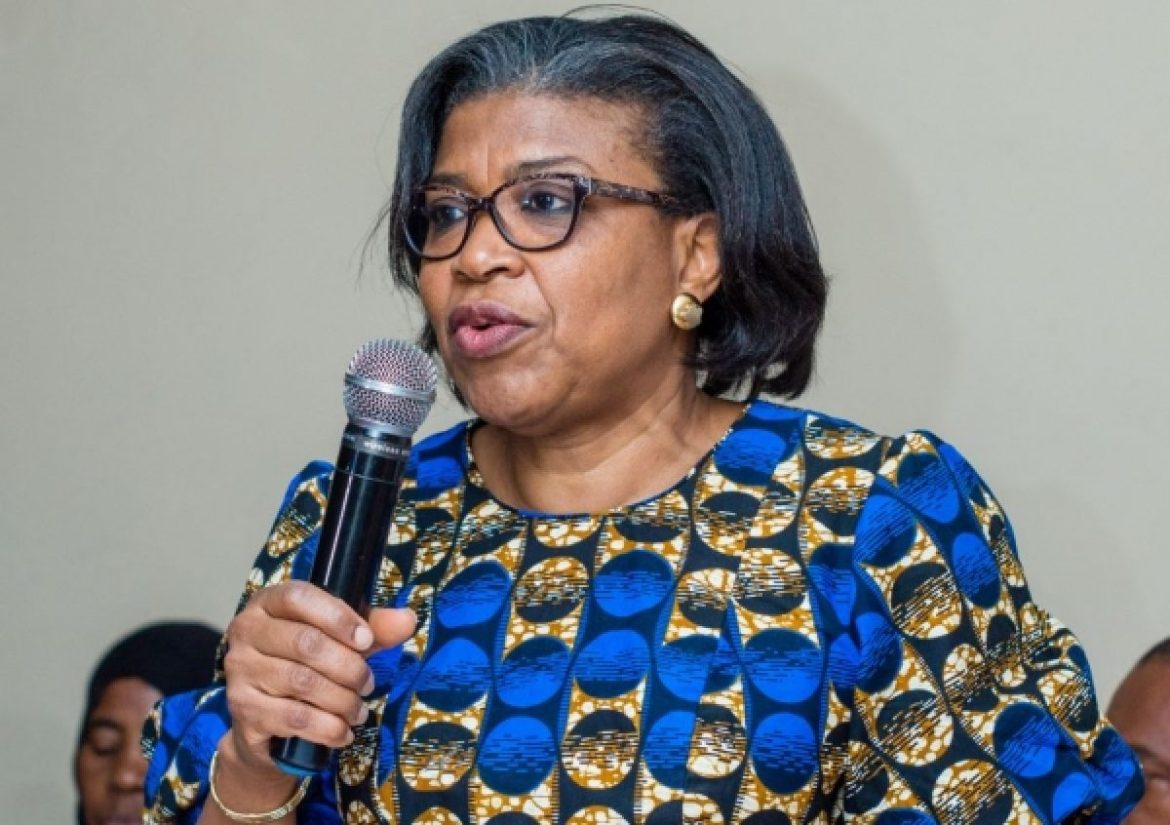1.2K
Daniel Adaji
Nigeria’s Eurobond yields climbed as high as 11.715% on April 4, reflecting growing investor unease over the country’s fiscal stability and macroeconomic outlook.
According to data released by the Debt Management Office (DMO) on Monday, the September 2051 bond recorded the highest yield among Nigeria’s 14 active Eurobond issues, indicating the deepest discount in the market.
This mirrors a broader trend, with 13 out of 14 Eurobonds now trading below par — a clear sign that investors are demanding higher returns to compensate for heightened sovereign risk.
The shift in sentiment is evident across maturities. The February 2038 bond, for instance, has declined to $74.29, yielding 11.584%, compared to its original coupon of 7.696%. Similarly, the November 2047 bond, which carried a 7.625% yield at issuance, now trades at $68.92, offering 11.507%.
These deep discounts highlight the increased risk premium now attached to Nigerian debt.
Even shorter-term bonds, which usually carry less risk, are showing signs of investor caution. The November 2025 Eurobond, though still slightly above par at $100.32, is yielding 7.07% — uncomfortably close to its coupon of 7.625%.
This narrowing gap suggests a declining appetite for even near-term exposure, which is both unusual and concerning.
Other significant movements include the December 2034 bond, which, despite its relatively high 10.375% coupon, now yields 11.363%, and the September 2033 bond, trading at $78.39 with a yield of 11.421%.
Overall, the widespread yield surge — with all but one bond now above 10% — underscores investor fears over Nigeria’s rising debt service costs, persistent inflation, and ongoing foreign exchange instability.
The naira continues to face depreciation pressures, and the country’s external reserves remain strained amid dwindling oil revenues and soaring import costs. These factors collectively challenge the government’s ability to meet debt obligations, both now and in the long term.
Analysts caution that if these trends persist, Nigeria could face significantly higher borrowing costs across both international and domestic markets.
This could further limit the government’s capacity to fund infrastructure, health, and social investment while making it harder to refinance existing debt without offering even steeper discounts — a move that would deepen fiscal stress.
With current yield levels aligning Nigeria with other high-risk frontier markets, the urgency for structural reforms is growing.
Experts emphasize the need for stronger revenue collection, reduction in wasteful subsidies, and policies that restore investor confidence, particularly in currency and debt management.
Meanwhile, a separate report by the West African Monetary Agency (WAMA) showed that Nigeria’s naira is currently the weakest-performing currency in the region, based on major international benchmarks.
According to the data obtained by Pointblank News on Monday, the naira trades at N1,566.52 to the US dollar, N2,036.86 to the British pound, and N1,732.11 to the euro — the highest (and thus weakest) rates among West African currencies tracked.
In comparison, the Ghanaian cedi stands at GHS 15.53/USD, and the West African CFA franc (XOF) at 593.25/USD. Even the Sierra Leonean leone (SLL) — following a recent redenomination — trades stronger at SLL 22.68/USD, despite Sierra Leone’s much smaller economy.
Other regional currencies, such as the Guinean franc (GNF) and Liberian dollar (LRD,) also outperform the naira, exchanging at GNF 8,609.70 and LRD 199.85 to the dollar, respectively. The Cape Verdean escudo (CVE) and Gambian dalasi (GMD) remain relatively stable as well.
Despite having spent over $8bn to defend the naira since the start of President Bola Tinubu’s administration, the currency has continued to weaken.
In a fresh move to stabilize the FX market, the Central Bank of Nigeria (CBN) injected $197m into the system on April 4.
According to the Director of the CBN’s Financial Markets Department, Dr Omolara Duke, this intervention aligns with the bank’s broader goal of ensuring liquidity and orderly market conduct.
“In line with its commitment to ensuring adequate liquidity and supporting orderly market functioning, the CBN facilitated market activity on Friday, April 4, 2025, with the provision of $197.71 million through sales to Authorized Dealers,” she said.
Shed added, “This measured step aligns with the Bank’s broader objective of fostering a stable, transparent, and efficient foreign exchange market.”
Economist Shadrach Israel attributed the naira’s weakness to persistent inflation, foreign exchange shortages, and ongoing monetary reforms that have eroded confidence and accelerated the currency’s slide over the past year.
He warned that “unless bold fiscal and monetary interventions are implemented, Nigeria risks continued external imbalances and sustained investor scepticism.”



